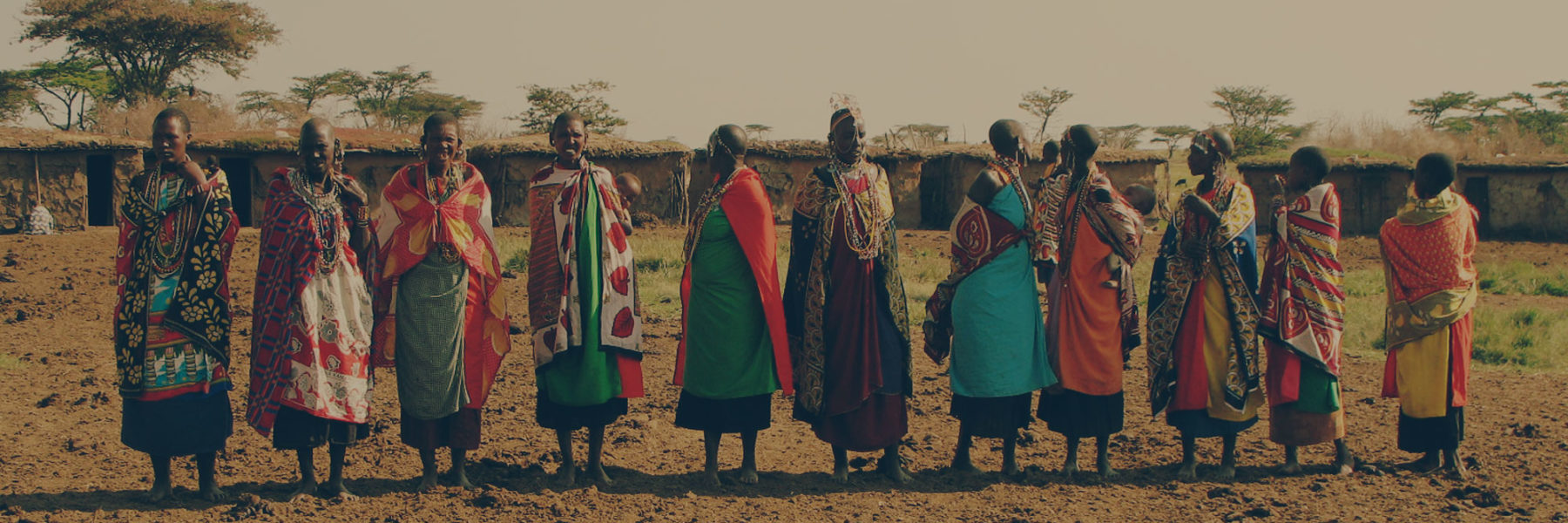September 7, 2019
“Retirement… counting the days!” How often have you heard those words from people who are looking forward to leaving their work place and enjoying more leisure to travel and play and spend more time with family and friends? But what if your vocation has been so fulfilling and rewarding over many years that the thought of retiring brings more anxiety than anticipation, more dread than delight?
I’ve had a long and varied vocation as a missiological anthropologist, stretching over nearly five decades. With laser-like focus my passion has been attempting to understand, and perhaps share with others, the relationship between the gospel and culture. “Connecting God’s Eternal Word with a Changing World” has been one of the dominant themes of my life. My “career” has not always been smooth sailing, but God has sustained me through the low points and difficult times.
As early as my days in high school, I sensed God inviting me to join God’s mission in the world and so I began to pursue becoming a medical missionary. I took all the courses in college I needed to enter medical school, but near the end of my collegiate life I “stumbled” into anthropology. I had never heard of this academic field of study but when I discovered it I realized that here was a discipline that fit me as a person, like hand-in-glove, and I took as many courses as I could.
It was during two years right out of college as a young missionary volunteer in Central Africa that I asked God to guide me in making a vocational decision. Should I become a medical doctor or an anthropologist? Both would take about 10 more years of study and preparation. My missionary colleagues were not happy when I announced to them one day that I was going to return to the United States and enter graduate school to study anthropology instead of going to medical school. They told me I would probably lose my faith if I studied anthropology, and that even if my faith survived the secular onslaught there was nothing in the field of anthropology that would be of value to mission work. So with that kind of “encouragement” off I went, and indeed it was challenging to my Christian faith and very lonely at times because I had little encouragement from anyone, but I felt certain that this was God’s call on my life.
With nine years of cross-cultural ministry, mostly in Papua New Guinea and the Solomon Islands, as professor of anthropology and later dean of the E. Stanley Jones School of World Mission and Evangelism at Asbury Theological Seminary for 21 years, and then as resident missiologist and vice-president for training at The Mission Society (now TMS-Global) for nine years, I have now entered “retirement.” From 1985 to the present I’ve been an active and enthusiastic member of the American Society of Missiology, serving for many years as editor of Missiology, president in 2006-2007, and now publisher. I lovingly refer to the ASM as “my tribe,” for over the years I have built some deep and endearing friendships.
Sociologists tell us that the crisis of retirement is not so much a financial crisis as much as it is an identity crisis. I have found this to be true in my situation. I’ve observed that when Americans meet other Americans anywhere in the world they immediately ask two questions of each other: “What do you do?” and “Where are you from?” Why would those two questions surface immediately? In many other cultures the first question would be “To whom are you related?” not “What do you do?”
The answer to “What do you do?” places one in a social location with a defined status and accompanying role, which we then quickly rank as being more or less important than ourselves. Anthropological studies of social organization and structure focus on the two major building blocks of status (a position in society) and rôle (the accompanying behavior). Shakespeare wrote, “All the world’s a stage and all the men and women merely players. They have their exits and their entrances and one man [sic]in his time plays many parts.” The part the person plays, to follow Shakespeare’s analogy, is the status. And of course we all occupy several different statuses in a society. A given status, a position in the society, is what provides a person with a social identity, a place in social interaction. But what happens when our personal identity becomes too closely aligned with our social identity? We’re in for an emotional roller coaster with highs and lows in our career. We measure our self-worth on what we do, on what we accomplish, more than on who we be. “Doing” takes precedent over “Being.”
And this is where I have found myself as I have entered retirement, and it hasn’t been easy. In fact, there are days when it is really difficult and challenging and I wonder, “What am I going to do with my life?” But then when I reflect on who I am in Christ, I’m reminded that my true, lasting, and eternal identity is that I am a child of the kingdom of God, created in the image of God, loved and treasured for who I am, not for what I do or for what I have done. This shifting of my personal identity away from my social identity takes intentionality. It requires that I become more centered and grounded in Christ, to slow down, be more reflective and not just active. It means working more on a “To Be” list, instead of trying to manage a busy “To Do” list. I resonate with the words of Dag Hammarskjold from his diary Markings (1964:93) “If only I may grow: firmer, simpler-quieter, warmer.”
Ironically, I am writing this blog from somewhere in Asia where for security reasons my location must not be disclosed for I have been training a large group of national pastors and missionaries on how insights from missiological anthropology can help them in their cross-cultural ministry to better connect the gospel to the deepest parts of their worldview and culture. As I share from many years of experience and perhaps some wisdom, I plan to keep going, teaching and training around the world for as long as God gives me abundant passion, good health, and a sound mind. But I can now rest assured that my identity in this phase of semi-retirement is in who I am in Christ, not in what I do as a missiological anthropologist.




